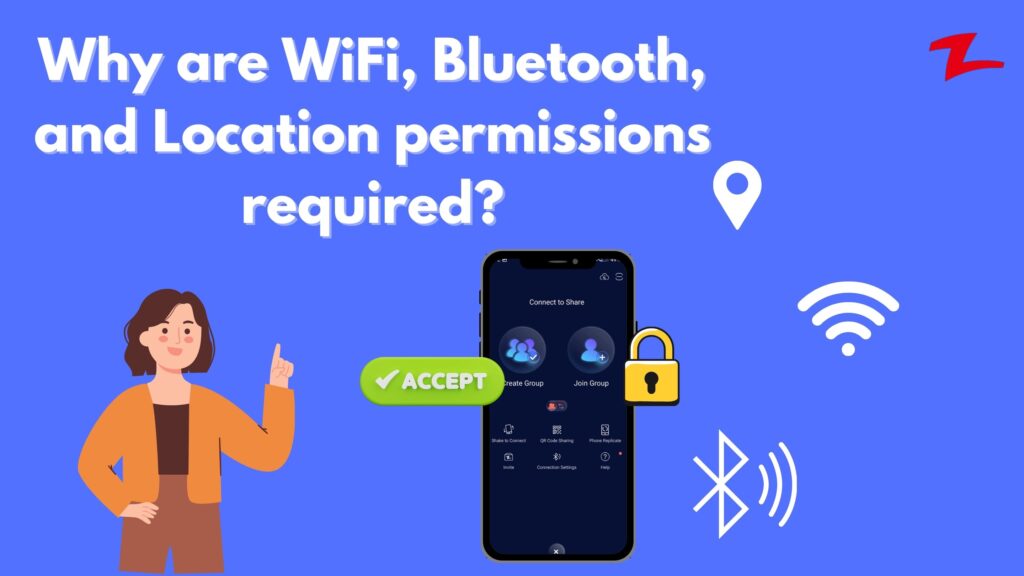In today’s digital age, the seamless connectivity of devices is paramount for efficient communication and data sharing. This is why apps like Zapya require specific permissions such as WiFi, Bluetooth, and location access. Let’s delve into why these permissions are essential for the app’s functionality.
WiFi Permission:
WiFi connection forms the backbone of wireless technology that Zapya relies on for file transfers between nearby devices. The various WiFi capabilities supported by Zapya, including WiFi hotspot, WiFi client, and WiFi direct, enable fast and reliable data exchange without the need for an internet connection. By granting WiFi permission, users empower Zapya to leverage these capabilities and facilitate smooth file transfers.
Bluetooth Permission:
Bluetooth plays a crucial role in enhancing device discovery speed through wireless detection. With Bluetooth permission, Zapya can swiftly identify nearby devices, making it easier for users to connect and share files seamlessly. Additionally, Zapya utilizes Bluetooth to automate the sharing of WiFi passwords, eliminating the hassle of entering lengthy passwords when establishing wireless connections. This not only streamlines the connection process but also enhances user experience by making connection establishment faster and more convenient.
Location Permission:
Zapya now doesn’t need location permission for establishing WiFi connections on Android devices running Android 12 or newer. Before Android 12, this permission was necessary due to Google’s restrictions, citing concerns that WiFi names could disclose user locations. Responding to user feedback, Google lifted this requirement with Android 12. Therefore, upgrading to the latest Android version enables you to use Zapya without granting location permissions.
It’s important to note that WiFi, Bluetooth, and location permissions are no longer required if the user upgrades the phone to newer Android operating systems like Android 12 and above. However, these permissions are still needed if the Android OS is under Android 12. This highlights the evolving nature of technology and the continual efforts to enhance user privacy and experience.
In conclusion, by understanding and granting these permissions, users can unlock the full potential of apps like Zapya and enjoy a smooth and efficient file-sharing experience across devices.

